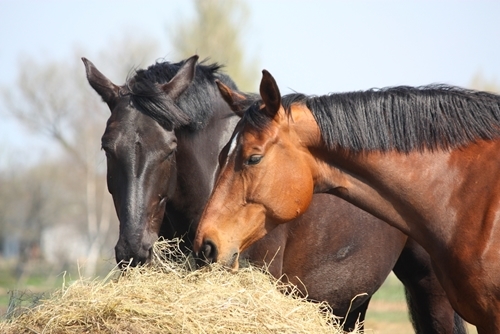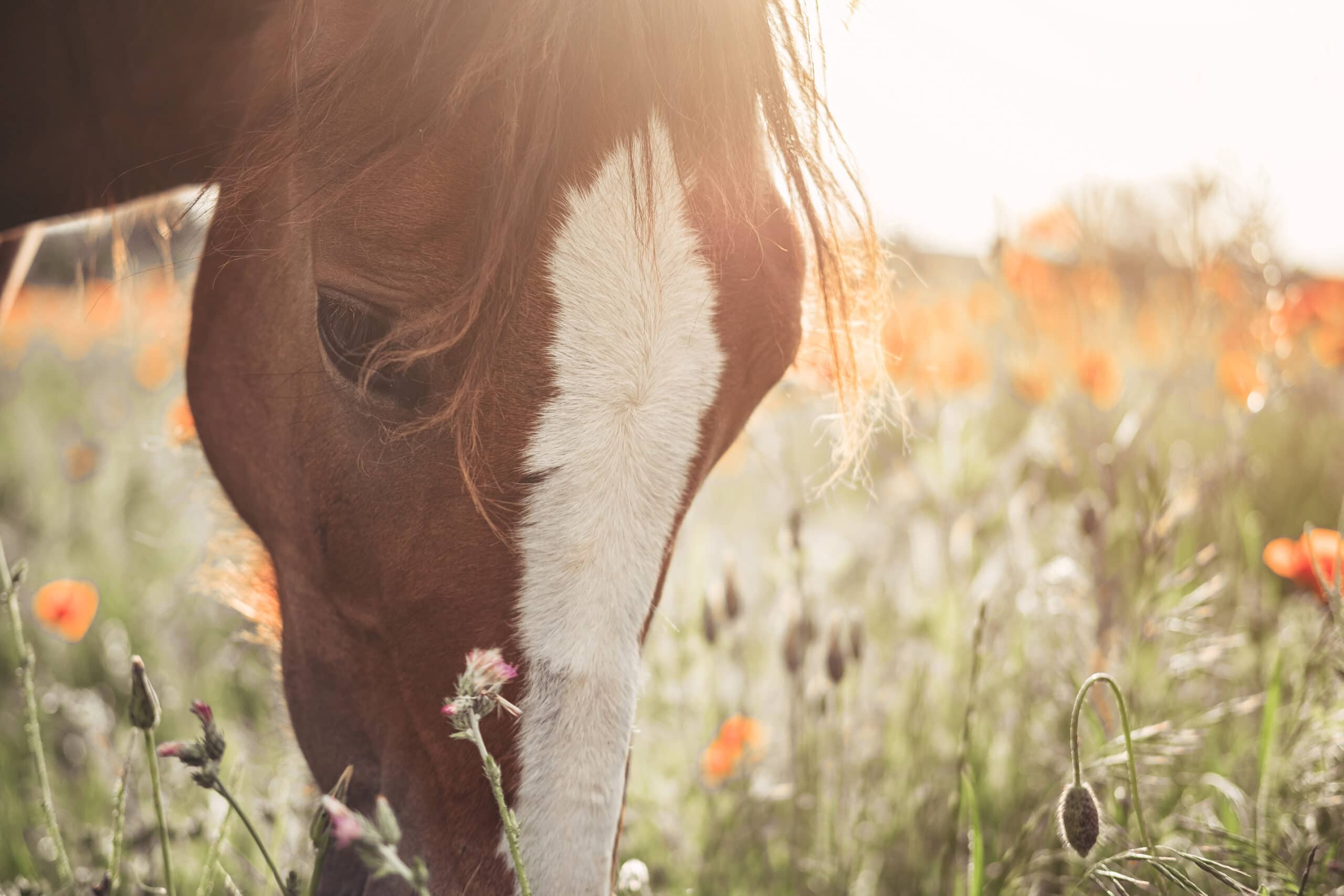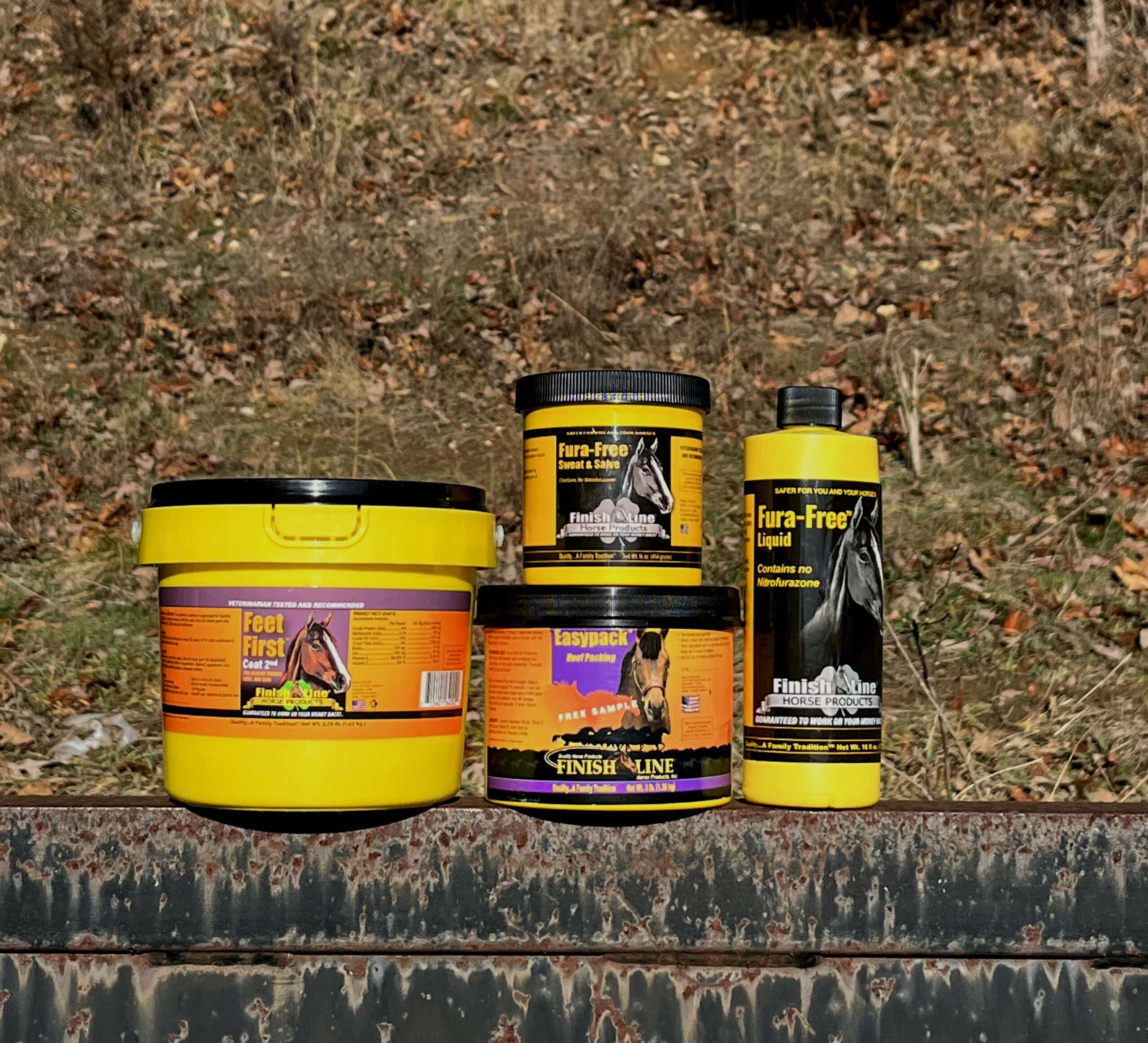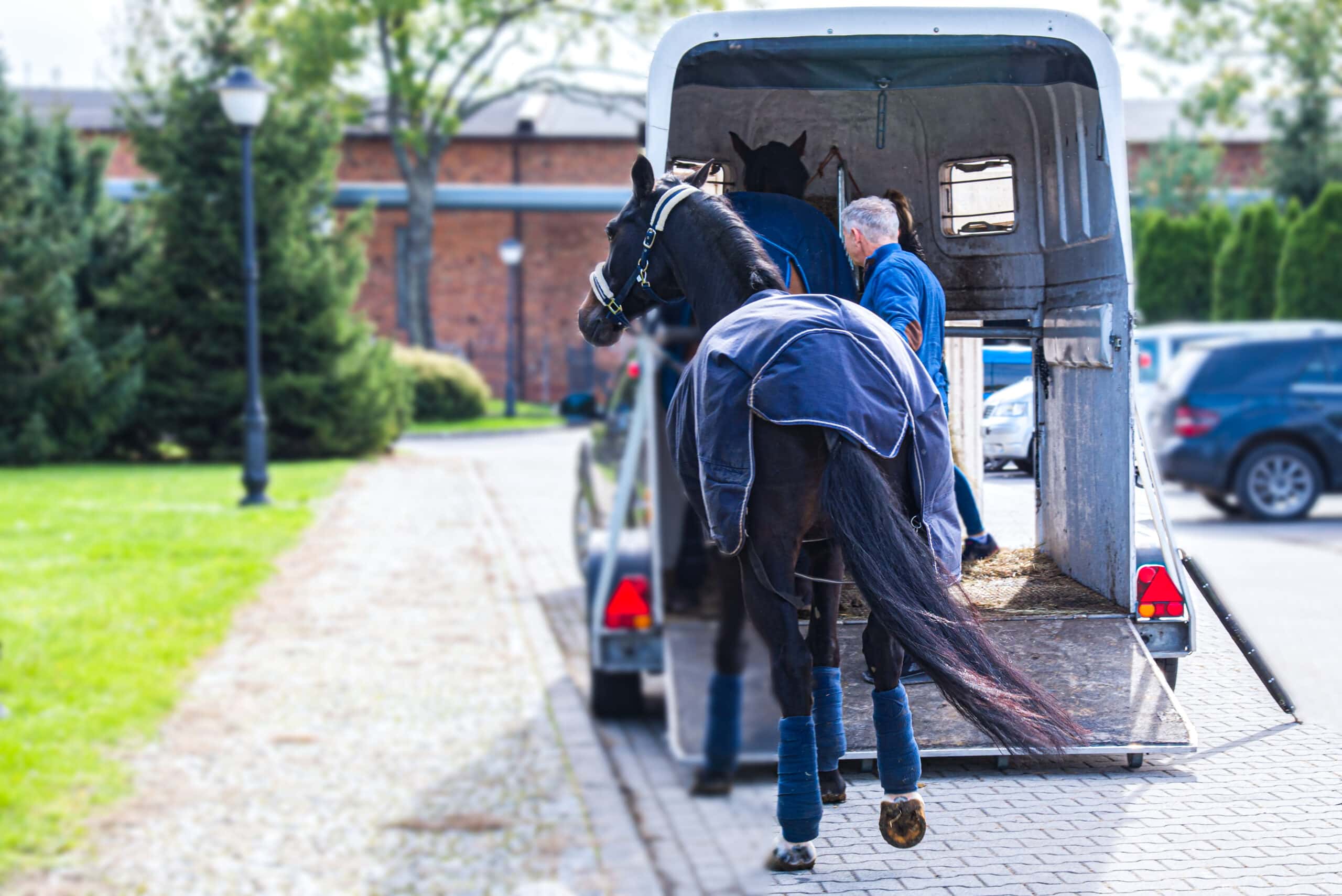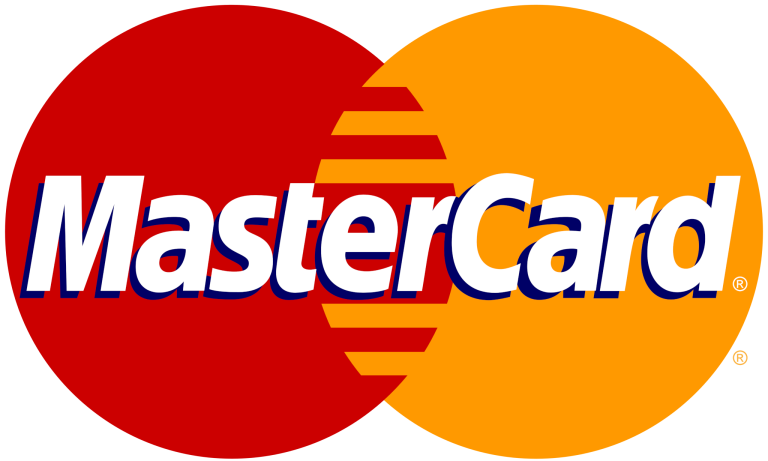Even among dedicated horse owners, there are some frequently debated issues around the stables. Knowing the ins and outs of horse care is essential to properly treating our equine friends, and learning both sides of the argument will help owners and trainers better care for their horses. Take a look at these issues:
1. Corn, oats, barley or sweet feed will make a horse high-spirited.
According to the Horse Channel, this is not necessarily the case. Just like sugar gets blamed for causing hyperactivity in children, certain feeds have received a reputation for changing a horse’s temperament. While a horse will naturally want to burn off excess energy, no single type of feed is responsible. Rather, it’s likely the amount of feed that’s to blame.
Corn and barley are more concentrated energy sources than oats because they lack a fibrous hull. If a horse acts high-spirited when it’s fed sweet feed or molasses, chances are it’s because the animal isn’t used to the increased amount of concentrated carbohydrates.
2. Protein is a better fuel source than carbohydrates.
Horse experts argue that carbohydrates are the preferred fuel source of a horse’s body, while protein builds healthy muscle, bone, tendons and blood. Although a horse can burn proteins for energy, carbs are easier to use. Chemically speaking, the horse’s body has to go to great effort to extract energy from protein. Carbs, on the other hand, provide a quick form of energy, as it each gram yields 4 calories.
Protein does play an important part in the diet, though. It provides amino acids, which are building blocks for the construction and repair of muscles, ligaments, bones and other structures. Young horses and racing horses demand higher protein amounts because they are building new tissue.
3. Sugar beet pulp contains a high amount of sugar, and if not properly soaked in water, it can cause gastric problems in the horse’s gut.
Beet pulp is the fibrous substance that remains after the sugar has been extracted from sugar beets. It has almost no sugar unless the manufacturer added a little dry molasses to improve the taste. It’s also a great source of digestible fiber. Though lower in protein, beet pulp packs a lot of calcium, making it a top choice for most adult horses. In addition, it’s typically rather inexpensive.
Experts say that the best way to feed beet pulp to a horse is to soak it in water a few hours before mealtime. Put twice as much water as beet pulp and leave it to absorb the moisture. Then the brown, fluffy food can be mixed with the horse’s grain.
What’s more, studies have shown ponies that were fed dehydrated beet pulp displayed no ill effects whatsoever.



